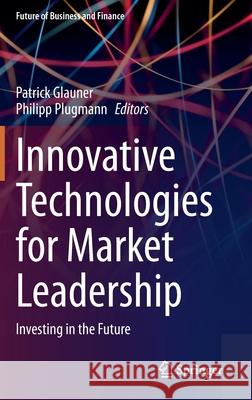Innovative Technologies for Market Leadership: Investing in the Future » książka
topmenu
Innovative Technologies for Market Leadership: Investing in the Future
ISBN-13: 9783030413088 / Angielski / Twarda / 2020 / 298 str.
Innovative Technologies for Market Leadership: Investing in the Future
ISBN-13: 9783030413088 / Angielski / Twarda / 2020 / 298 str.
cena 281,10
(netto: 267,71 VAT: 5%)
Najniższa cena z 30 dni: 269,85
(netto: 267,71 VAT: 5%)
Najniższa cena z 30 dni: 269,85
Termin realizacji zamówienia:
ok. 22 dni roboczych.
ok. 22 dni roboczych.
Darmowa dostawa!
Kategorie:
Kategorie BISAC:
Wydawca:
Springer
Seria wydawnicza:
Język:
Angielski
ISBN-13:
9783030413088
Rok wydania:
2020
Wydanie:
2020
Numer serii:
000915806
Ilość stron:
298
Waga:
0.61 kg
Wymiary:
23.39 x 15.6 x 1.91
Oprawa:
Twarda
Wolumenów:
01
Dodatkowe informacje:
Wydanie ilustrowane











